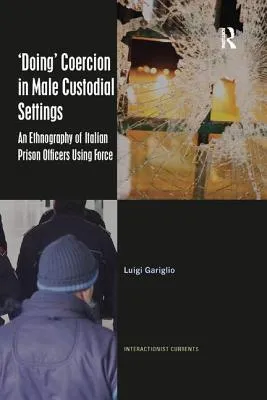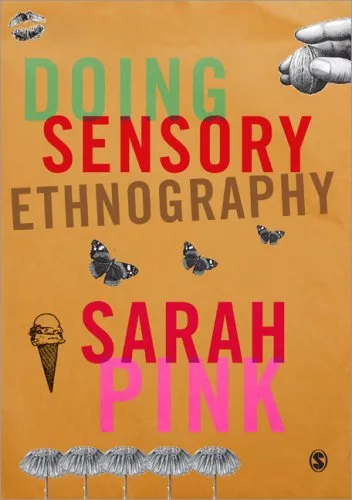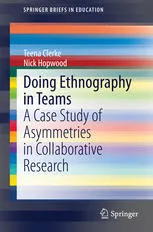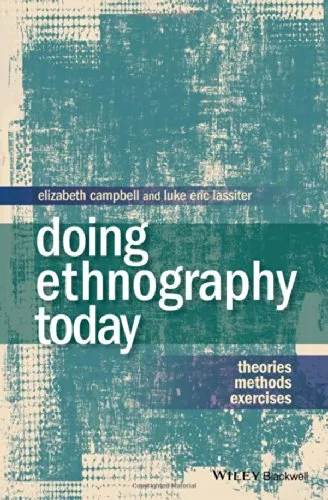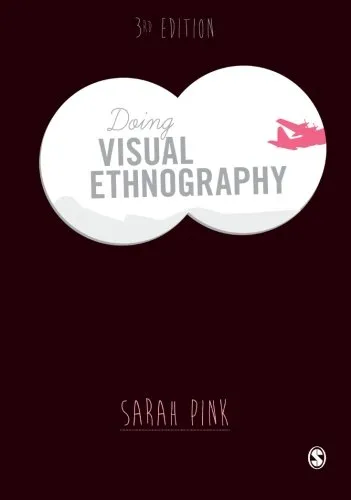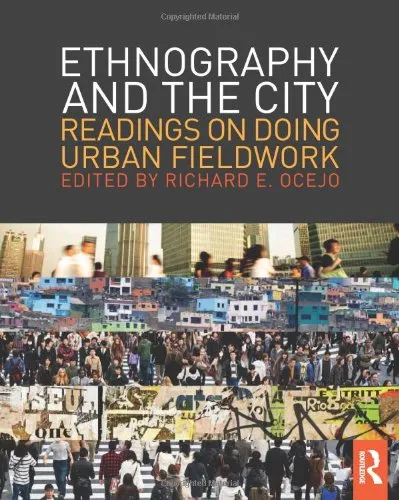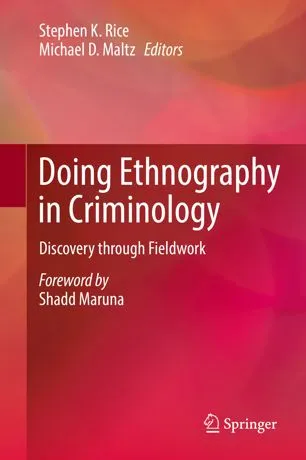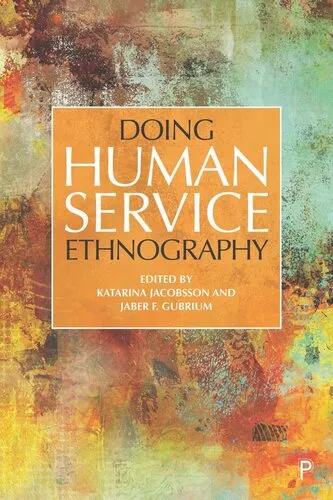’Doing’ Coercion in Male Custodial Settings: An Ethnography of Italian Prison Officers Using Force
4.0
Reviews from our users

You Can Ask your questions from this book's AI after Login
Each download or ask from book AI costs 2 points. To earn more free points, please visit the Points Guide Page and complete some valuable actions.Related Refrences:
Introduction
Welcome to a deep dive into the often-hidden dynamics of power, force, and control within the walls of male custodial institutions in Italy. ‘Doing’ Coercion in Male Custodial Settings: An Ethnography of Italian Prison Officers Using Force is a thought-provoking exploration of the nuanced and, at times, troubling world of prison life from the unique perspective of prison officers. This book is not only an ethnographic analysis but also a critical inquiry into the micro-dynamics of coercion and its implications on human interactions within the prison system.
Drawing from extensive fieldwork conducted in Italian male correctional facilities, this book provides an in-depth look at the lived experiences of prison officers and how they enact coercion. By bridging sociology, criminology, and ethnography, I aim to uncover the mechanics behind the authority exercised through force. This book goes beyond the simplistic narrative of good versus bad, offering a layered understanding of what it means to 'do' coercion in one of the most complex social settings—a prison. Through first-hand observations and interviews, this ethnography sheds light on the broader socio-political structures underpinning the prison organization while also spotlighting the personal and emotional struggles of prison officers.
Summary of the Book
The book is divided into carefully structured sections that trace the journey of understanding coercion in male custodial settings.
Starting from an overview of the Italian prison system, I contextualize the socio-legal framework within which these institutions operate. From there, the narrative delves into the specific practices of prison officers as they enact and justify the use of force. The ethnographic observations capture the officers’ routine interactions with inmates, providing a raw, unfiltered look at incidents where coercion becomes necessary—or, at times, excessive.
The core of the analysis lies in dissecting the tension between duty and humanity. Prison officers find themselves at a precarious intersection where maintaining order demands physical and psychological control, often clashing with their personal ethical boundaries. The book unpacks these moral dilemmas, vividly illustrating how institutional cultures shape their decisions and behaviors.
By the conclusion, the book moves beyond the empirical findings, offering a broader reflection on the nature of power and violence. It opens up avenues for critical discussions on prison reform, the mental health of correctional staff, and the ethical implications of force in custodial settings.
Key Takeaways
- Prison officers operate in environments where coercion is normalized, yet complicated by their personal identities and ethical stances.
- The use of force is not merely a procedural decision but is deeply embedded in institutional culture and power dynamics.
- Coercion in custodial settings reveals the tension between systemic control and individual empathy.
- Studying the micro-dynamics of prison interactions can shed light on broader societal structures of authority and resistance.
- Prison reform efforts must consider the lived realities of both custodial staff and inmates to create meaningful change.
Famous Quotes from the Book
"Coercion is not just the application of brute physical force—it is a finely-tuned performance of authority, a dance enacted in the shadows of security and fear."
"Prison officers may wear uniforms, but beneath them lie deeply conflicted individuals navigating ethical minefields daily."
"To understand coercion, one must step beyond the locked gates of the prison and grapple with the societal norms and systems that sustain it."
Why This Book Matters
In a world increasingly concerned about justice, human rights, and institutional accountability, this book invites readers to critically examine the role of coercion within the prison system. It matters because it tackles issues that are simultaneously urgent and often ignored. Prisons are microcosms of society, reflecting and amplifying broader dynamics of power, inequality, and resistance. By focusing on the experiences of prison officers—an under-researched demographic—this book fills a critical gap in academic literature.
Moreover, the global relevance of the themes in this book transcends its Italian context. The insights into coercion, institutional culture, and human rights resonate with audiences worldwide, emphasizing the need for systemic reform. By humanizing prison officers and capturing their moral dilemmas, this ethnography challenges simplistic narratives and encourages more nuanced discussions on justice and rehabilitation.
In summary, this book is not just an academic contribution but also a call to action—a plea to rethink the systems and cultures that shape our responses to crime and punishment.
Free Direct Download
You Can Download this book after Login
Accessing books through legal platforms and public libraries not only supports the rights of authors and publishers but also contributes to the sustainability of reading culture. Before downloading, please take a moment to consider these options.
Find this book on other platforms:
WorldCat helps you find books in libraries worldwide.
See ratings, reviews, and discussions on Goodreads.
Find and buy rare or used books on AbeBooks.
1316
بازدید4.0
امتیاز0
نظر98%
رضایتReviews:
4.0
Based on 0 users review
Questions & Answers
Ask questions about this book or help others by answering
No questions yet. Be the first to ask!
